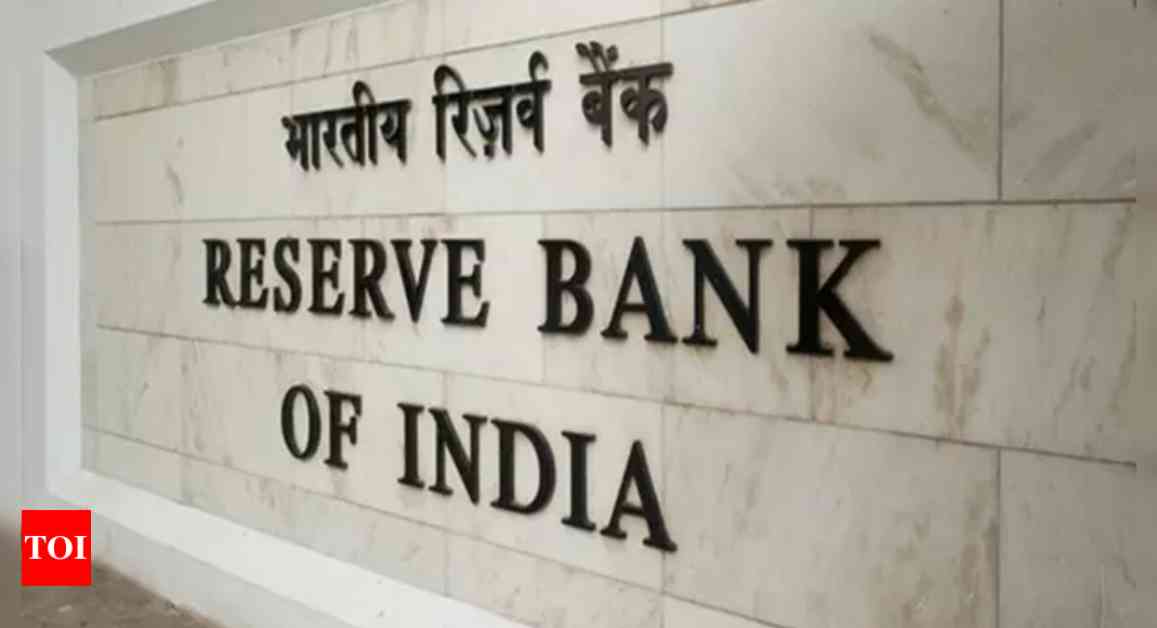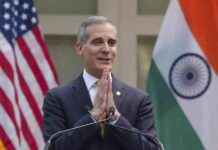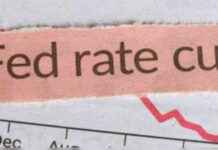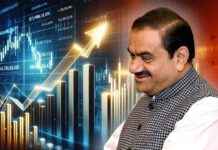**RBI Deputy Governor Patra Steps Down, Portfolios Reallocated**
MUMBAI: The Reserve Bank of India (RBI) recently underwent a significant shift in leadership as Deputy Governor Michael Patra retired on Tuesday. This development has prompted the central bank to reallocate portfolios among its deputy governors, marking a crucial transition in the organization’s hierarchy.
**Government Seeks Economists as Patra’s Successor**
As the RBI gears up to fill the void left by Patra’s departure, the government has initiated the process of interviewing economists to find a suitable candidate for his successor. Among the potential contenders is RBI executive director Rajiv Ranjan, whose expertise and experience make him a strong candidate for the prestigious role. The decision regarding Patra’s replacement is eagerly anticipated, given the pivotal nature of this position within the central bank.
**Patra’s Distinguished Career at RBI**
Having joined the RBI in 1985, Patra’s journey culminated in his appointment as deputy governor on January 14, 2020, for a three-year term. He succeeded Viral Acharya in this role and brought a wealth of knowledge and expertise to the organization, holding a PhD in economics from IIT-B. Over the years, Patra’s contributions have been instrumental in shaping the RBI’s policies and decisions, making him a respected figure within the institution.
**Legacy of Service and Commitment**
Throughout his tenure, Patra’s dedication and commitment to the RBI’s mission were evident in his work. His term was extended twice, with the final extension concluding this year, highlighting the value he brought to the organization. Notably, Patra was the only member of the RBI’s Monetary Policy Committee (MPC) since its inception, underscoring his significant role in shaping the country’s economic landscape.
As we bid farewell to Deputy Governor Patra, his legacy of service and dedication serves as a testament to the invaluable contributions he made during his time at the RBI. His departure marks the end of an era, but it also signifies the beginning of a new chapter for the central bank as it embarks on the process of selecting his successor. In the midst of this transition, the RBI remains steadfast in its commitment to upholding its mandate and driving India’s economic growth forward.























